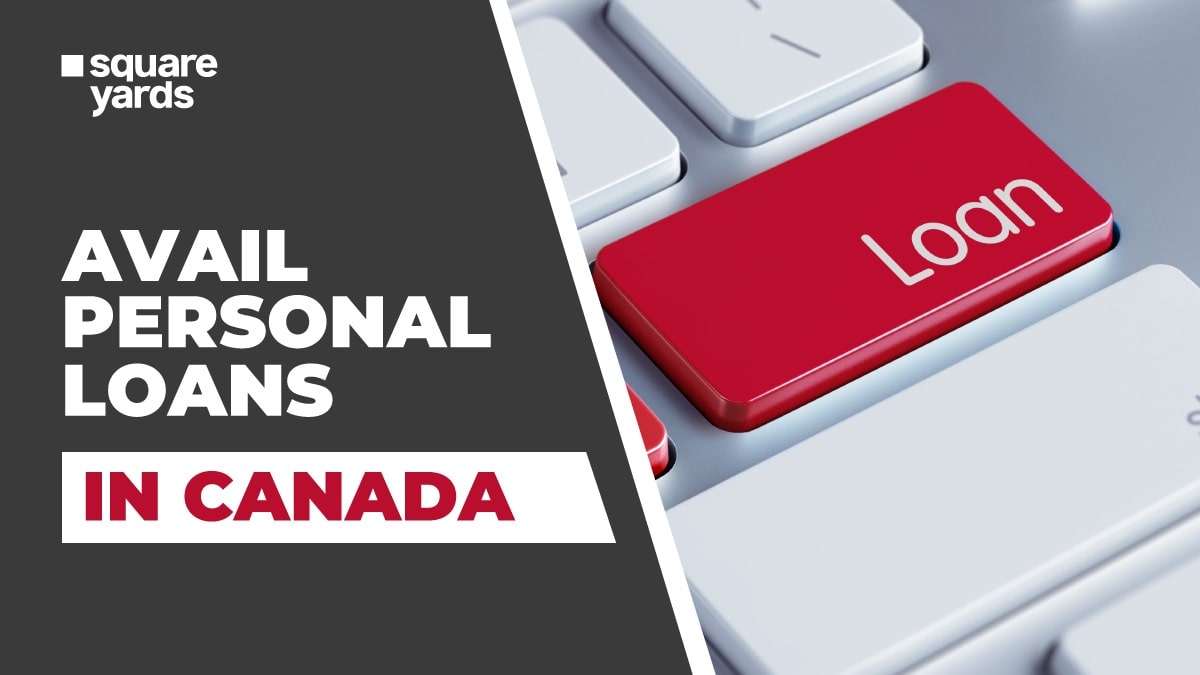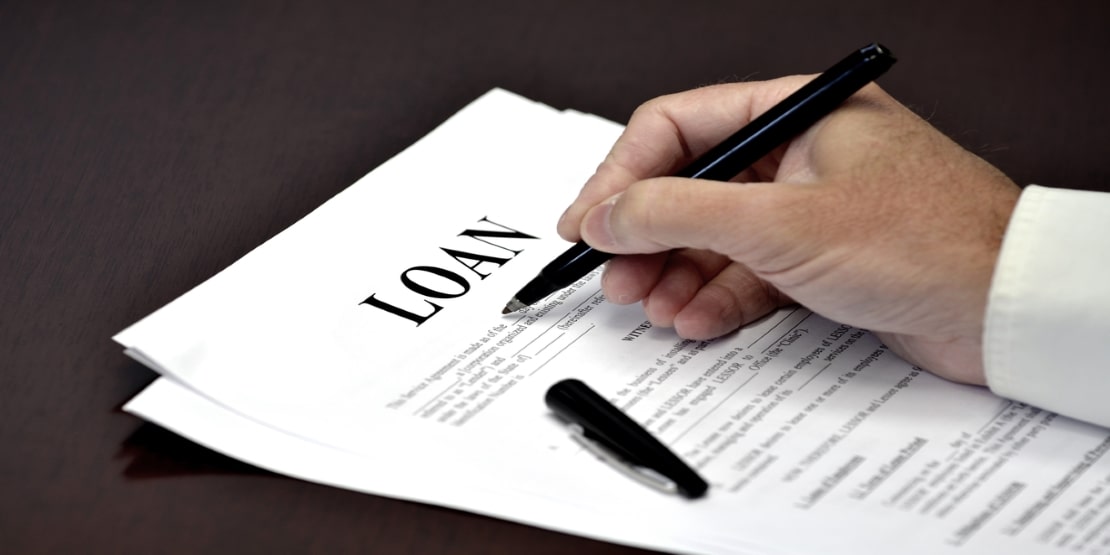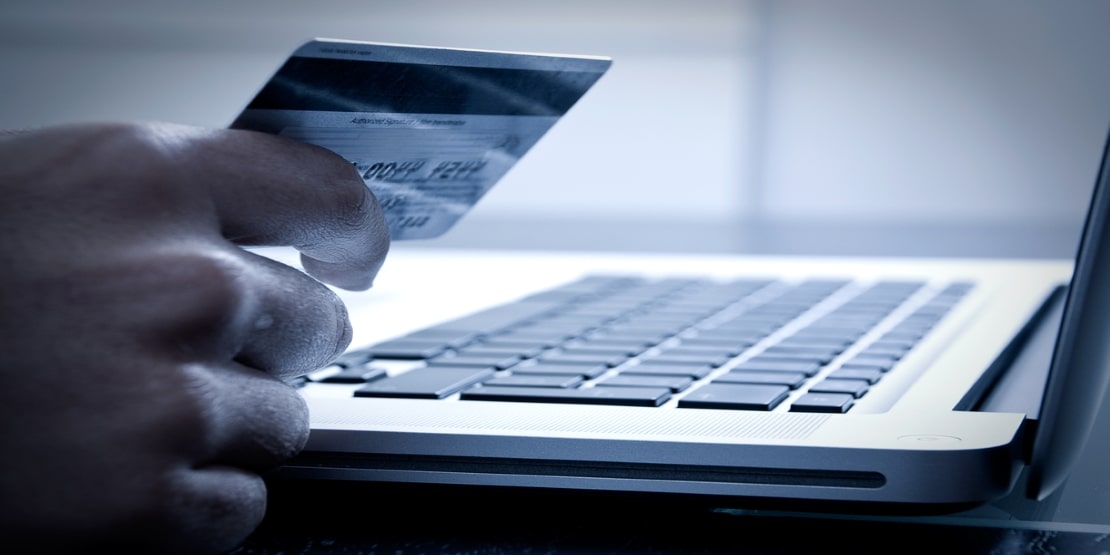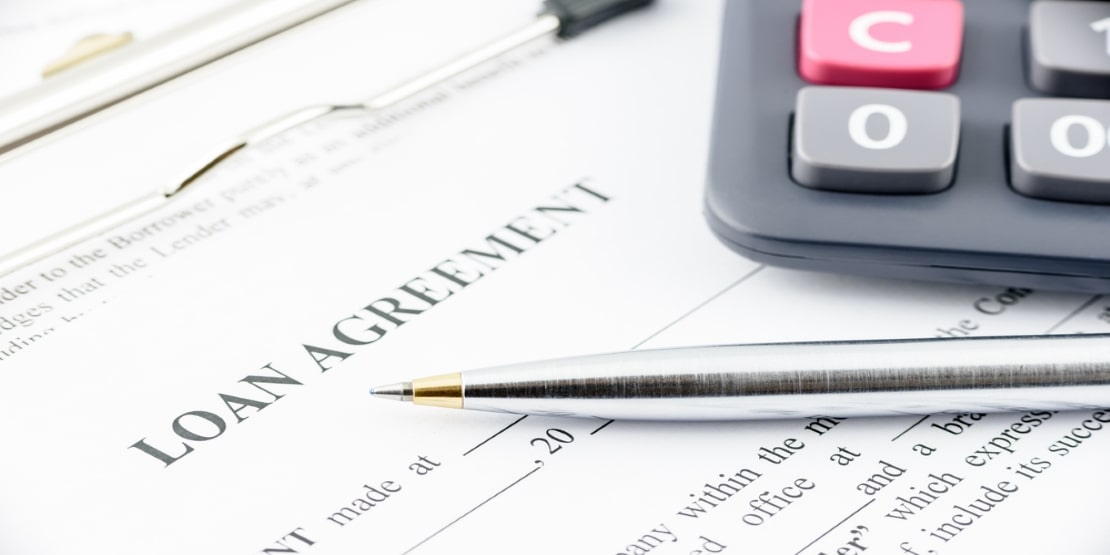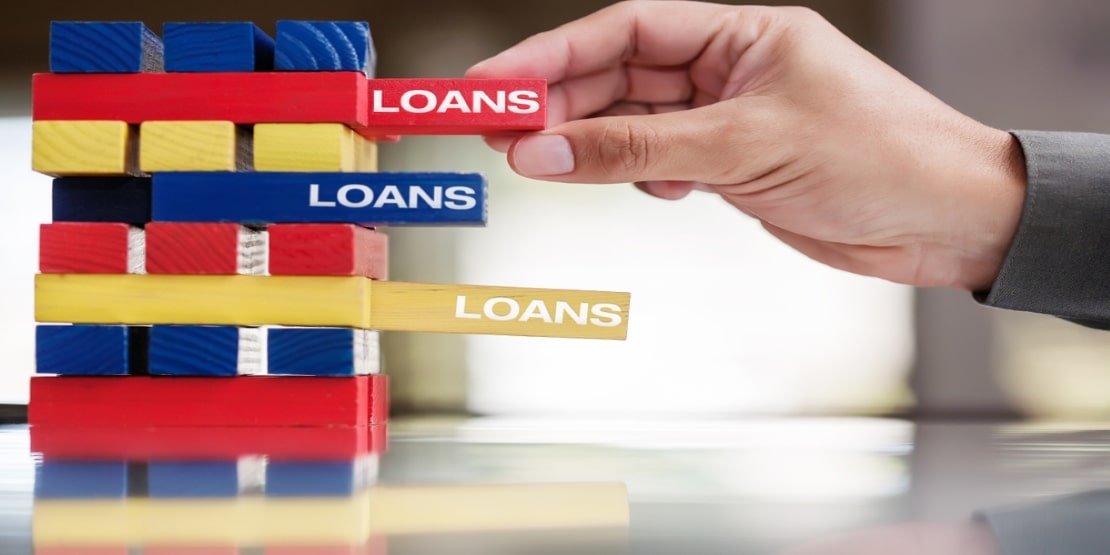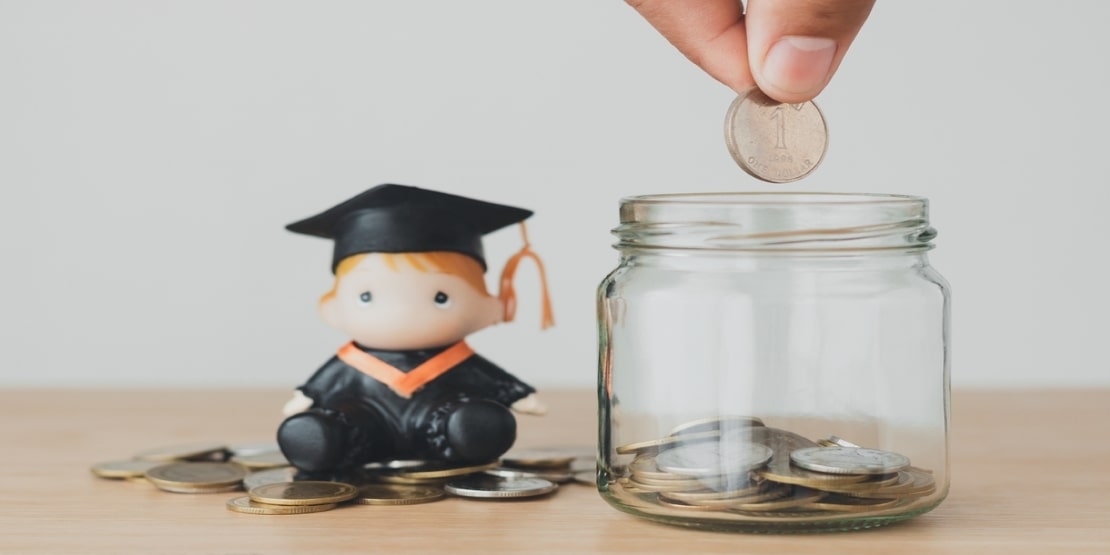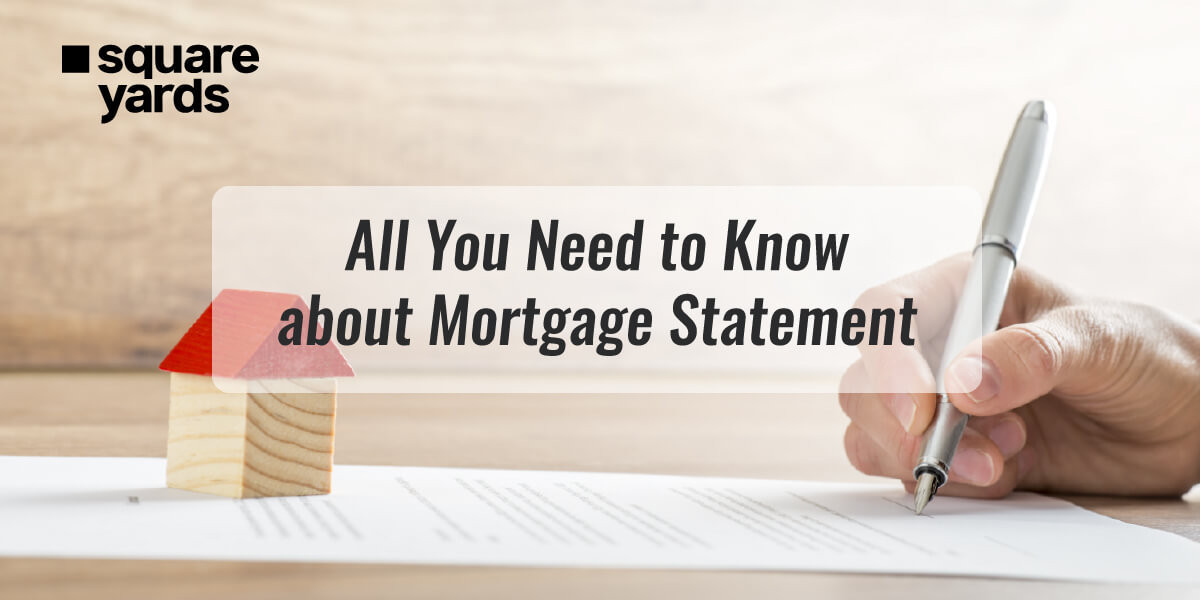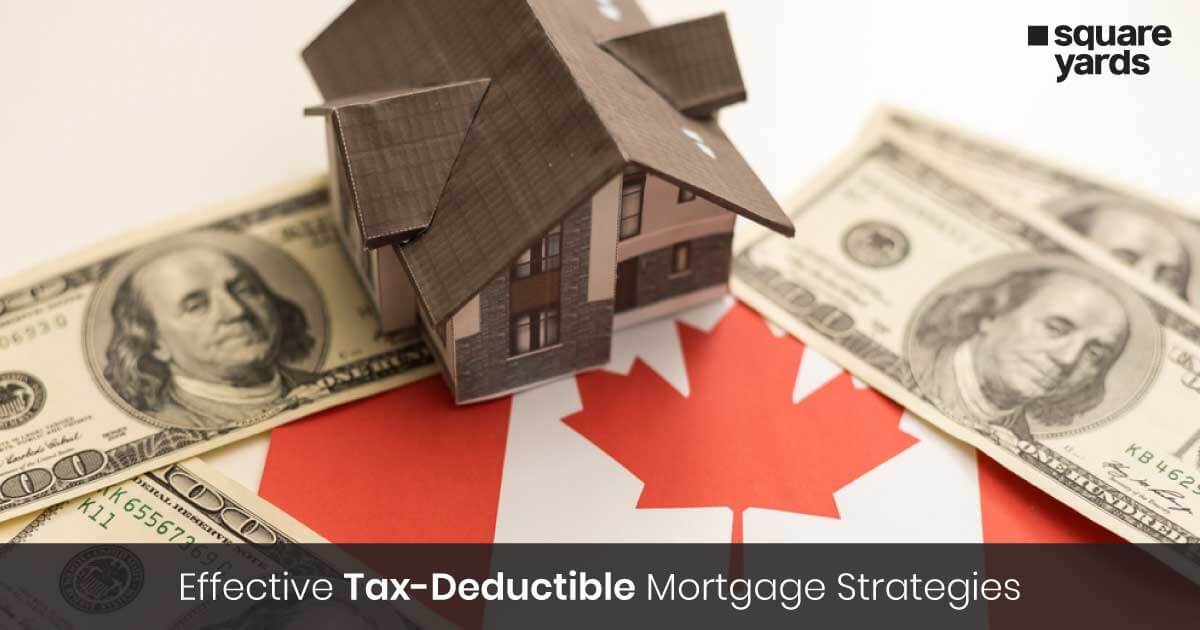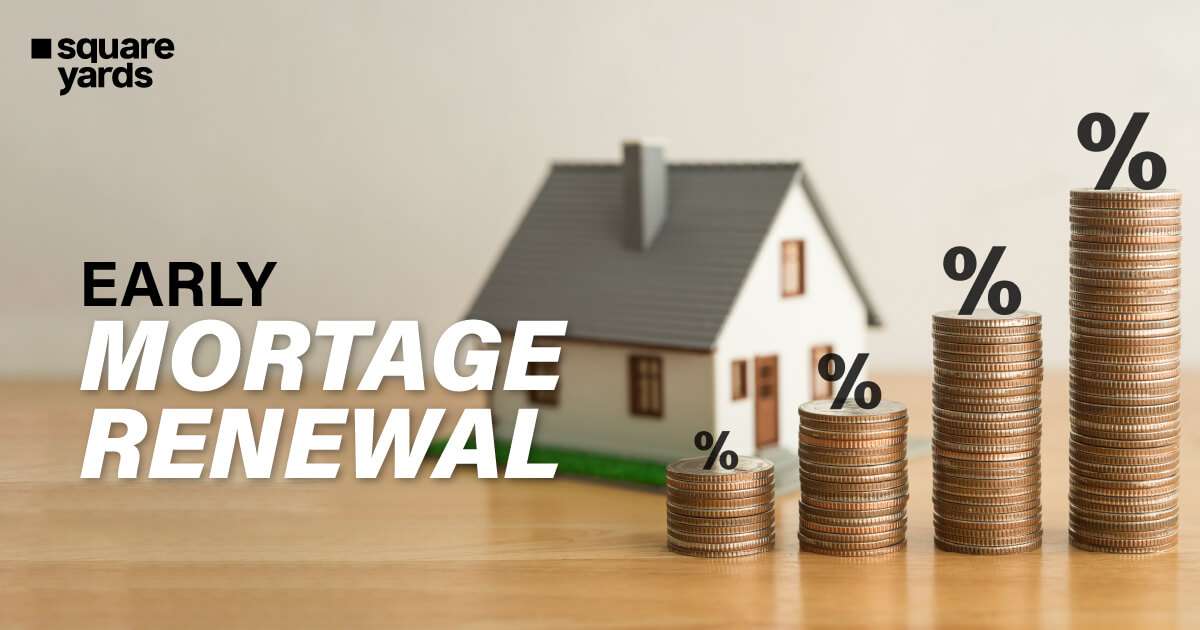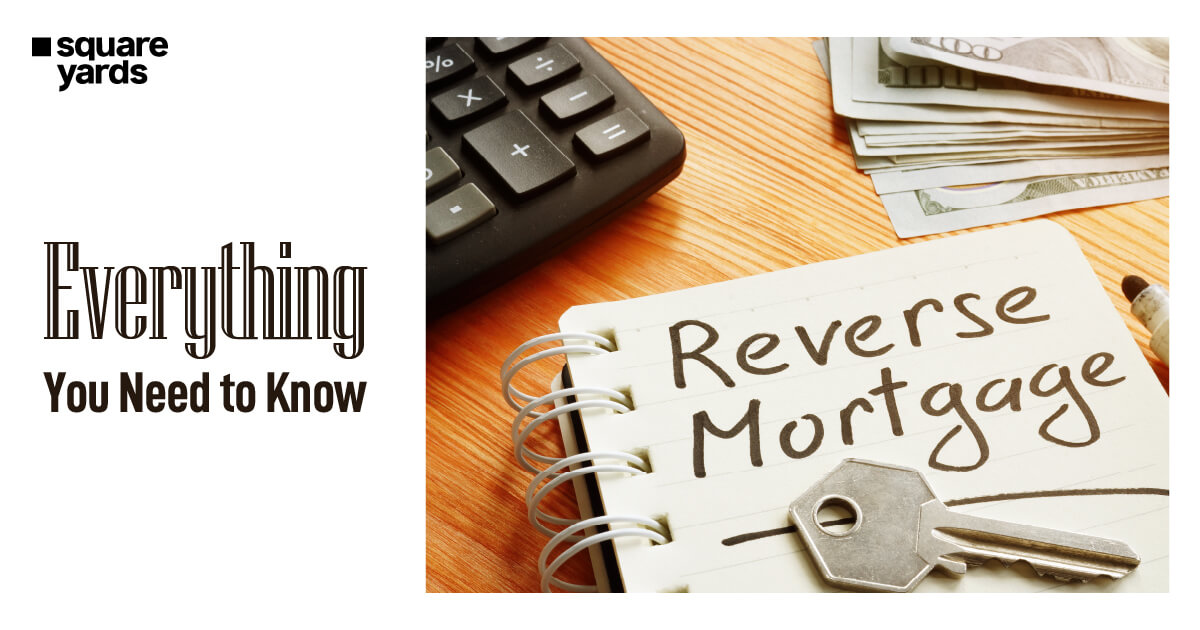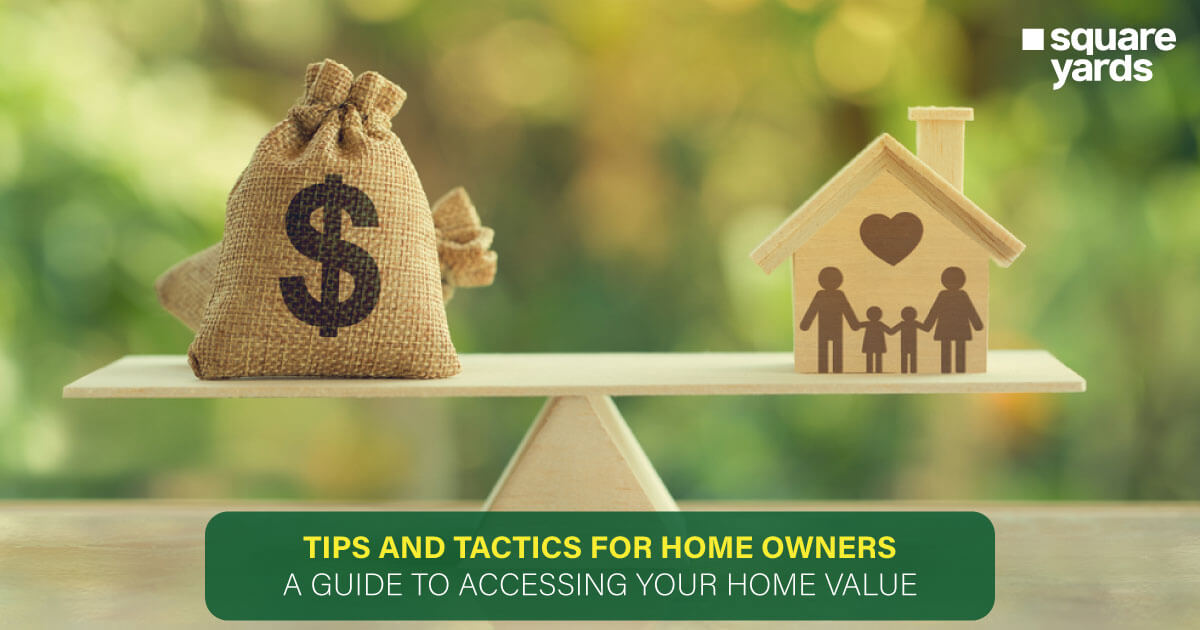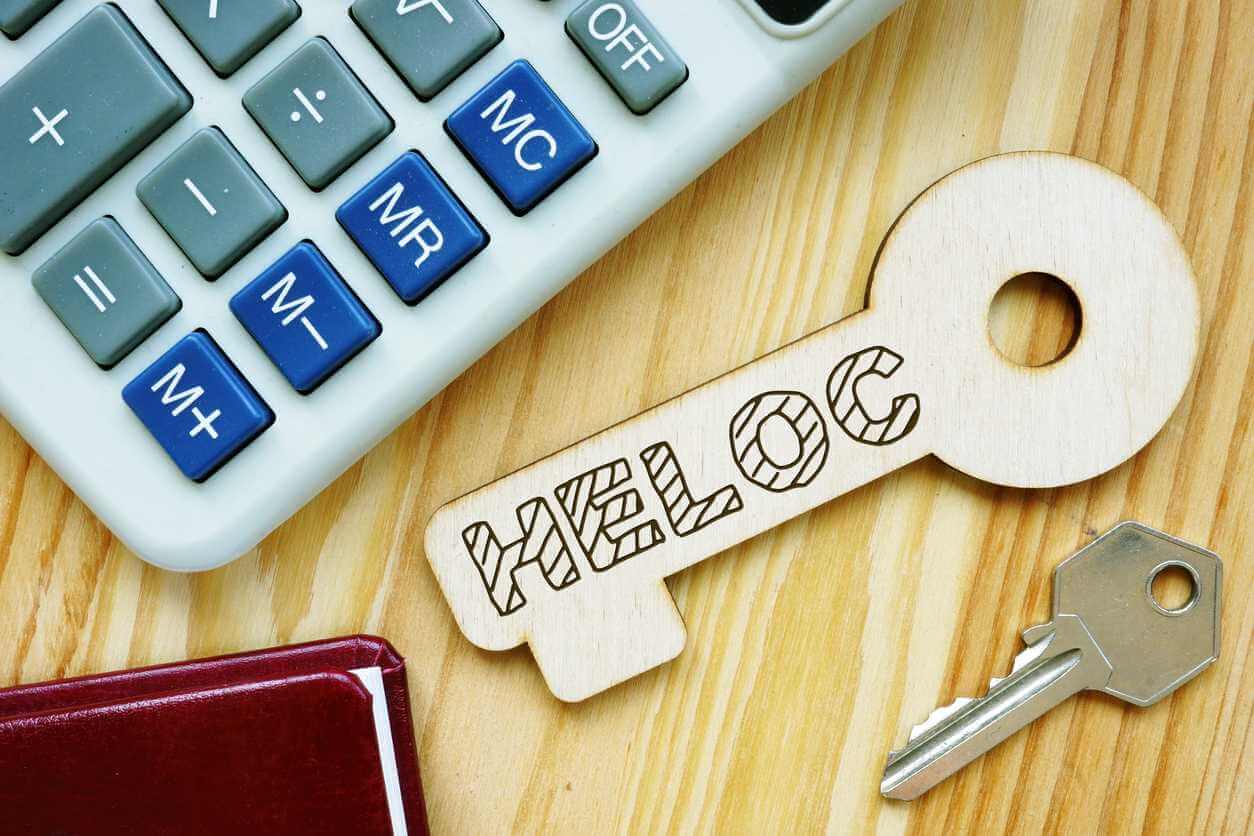With a personal loan, one agrees to borrow a specific sum of money and repay it over a particular period of time. You are required to repay the entire sum, plus interest. You can accomplish this by paying recurring sums of money or installment. Personal loan in Canada is also known as installment loans, consumer loans, and long-term financing programmes.
A personal loan in Canada is frequently used to make specific expenditures, such as furniture, vehicles, house improvements, or other obligations with higher interest rates. The majority of personal loans have terms of between 6 and 60 months and have a range of $100 to $50,000.
Traditional lenders like banks, credit unions, alternative lenders like payday lenders, title lending firms, private lenders, and pawn shops offer personal loans.
Process of Personal Loan In Canada
A personal loan approval process in Canada might sometimes seem complicated. Almost everyone would give up trying to obtain a loan at the thought of the countless forms and the lender’s meetings they would have to attend. Fortunately, this doesn’t have to be the case because the financial world is constantly changing, and many available options can be customised to fit each individual’s needs.
Documents Required
Some documents are necessarily required for applying for a personal loan in Canada. The following is the list of documents:
-
- An income proof
- Proof of Identity
- Social Insurance Number (S.I.N.)
- Date of Birth
- Phone Number & Email Address
- Employment Status
- A bank account
- A permanent address proof
- Credit Score
Most lenders will verify your credit score when you apply for a personal loan. Lenders use a credit record to determine whether one can afford to repay their personal loan in Canada. The lenders will take the ongoing debts into account (if any). The loan alternatives, including the interest rate and the kind of loan they qualify for, may be impacted by the credit report, credit score, and obligations.
Loan From a Lender
A lender usually gives the money for the approved loan amount in the following ways:
-
- Cash
- Transfer to your Bank Account
- E-transfer
- Directly to other lenders (in the case of consolidation of debts)
- Prepaid Card
NOTE: Some extra costs might be levied if one opts for a prepaid card.
Online Lender
Alternative internet lenders are often more accommodating and have more flexible qualification requirements. They provide personalised treatment and place less emphasis on credit ratings. There is no need to repeatedly visit the lender’s office because the online loan process application procedure can be done from the convenience of your home.
The Agreement
One should always comprehend the terms and conditions before signing a personal loan agreement. If there is anything one doesn’t understand, ask the lender.
When one applies for a personal loan, federally regulated lenders like banks are required to provide the following information:
-
- Loan amount
- Fixed/variable interest rates
- Time period
- Amount payable
- Fees/charges, if any
- Optional services (if opted for)
Other lenders, including some credit unions and alternative lenders, may not be compelled to submit this information as they are subject to provincial or territorial policies.
Types of Personal Loans in Canada
The chances of being approved should rise if one applies for the right loan. Personal loans can be divided into two groups: secured loans and unsecured loans:
-
Secured Personal Loan
One must provide collateral to be eligible for a secured personal loan. This loan is typically offered to prospective borrowers with bad credit scores or a history of financial difficulties because it is less risky for the lender. One can use a wide range of assets as collateral. However, the following are some of the most popular:
-
- Automobiles
- Vehicles for recreation
- Property
As the asset acts as collateral, it can be seized by the lender if one defaults on the loan.
-
Unsecured Personal Loan
An unsecured personal loan does not require collateral. The lender may file a lawsuit against the person if they fail to pay on time. Additionally, they have other choices, such as the right to offset.
Many alternative lenders offer unsecured personal loans. These are also known as instalment loans or high-priced instalment loans. These loans often have interest rates significantly higher than the unsecured personal loans provided by banks and credit unions.
Borrowers are not required to put up collateral to receive an unsecured personal loan. Due to the lender’s increased risk, unsecured loans carry higher interest rates. Additionally, one should have a good credit score.
-
Approved and Pre-Approved Loans
When one gets pre-approved for a loan, it implies that the prospective lender has decided to offer the money up to a certain amount at a specified interest rate, considering things like income, credit score, and credit history. Pre-approval comes in two different forms: lenders can offer the pre-approval via a written offer, or one can request it.
So, how might a pre-approval assist in obtaining the personal loan one desires? One can use pre-approval as a technique to hasten the loan application process. While it will not increase the chances of getting approved, it can help you move on to another lender without wasting too much time waiting for approval or rejection.
How to Increase the Personal Loan Approval Rate
One can increase the chances of getting approval for availing the personal loan; the following are some of the things that one can follow to do the same:
-
- Keeping a check on your credit score
- Try to get over any outstanding or ongoing debt for a better debt-to-income ratio
- Providing a better option of security to the lenders
- Go forward with a qualification-based application
What if One is Unable to Pay Back a Personal Loan?
If you don’t pay back your loan before the deadline, there may be severe repercussions:
-
- The lender has the right to demand that one make the entire loan payment at once.
- If one has a secured loan, the lender may be able to repossess something one owns, such as an automobile or a property.
- If you skip a payment, the lender may notify the credit bureaus, which may reflect negatively on your credit history and make it more difficult to obtain credit in the future.
- If one doesn’t have enough money in the account to make a payment schedule with a pre-authorized debit, the lender will often charge a non-sufficient funds (NSF) fee.
- A lender might sue you for the debt.
If you are experiencing problems making payments, take action right away. Pay what you can if you are unable to make the full repayment. Make immediate contact with your lender.
You May Also Read
Frequently Asked Questions (FAQs)
One needs to have identity proof issued by the govt., a Social Insurance Number (S.I.N.), date of birth, employment status, residence details, and bank account details to get a personal loan in Canada.
A personal loan might either raise or lower the credit score. Taking out a loan could temporarily lower your credit score and make it more challenging to get more credit in the short run. However, making the payments on time could increase the credit score in the long run.
If one doesn't pay the loan by the due date, the lender may be able to possess something one owns, such as an automobile or a house, any expensive asset you own.
An unsecured loan does not require any collateral. Lenders approve unsecured loans based on a borrower's creditworthiness rather than their assets as collateral. Personal loans, school loans, and credit cards are examples of unsecured loans.
An unsecured loan does not require any sort of collateral. Lenders approve unsecured loans based on a borrower's creditworthiness rather than their assets as collateral. Personal loans, school loans, and credit cards are a few examples of unsecured loans. What is needed to get a personal loan in Canada?
How does a personal loan affect a credit score?
What happens if I don't pay back a personal loan in Canada?
How does an unsecured personal loan work?
What are fixed and floating interest rates?

